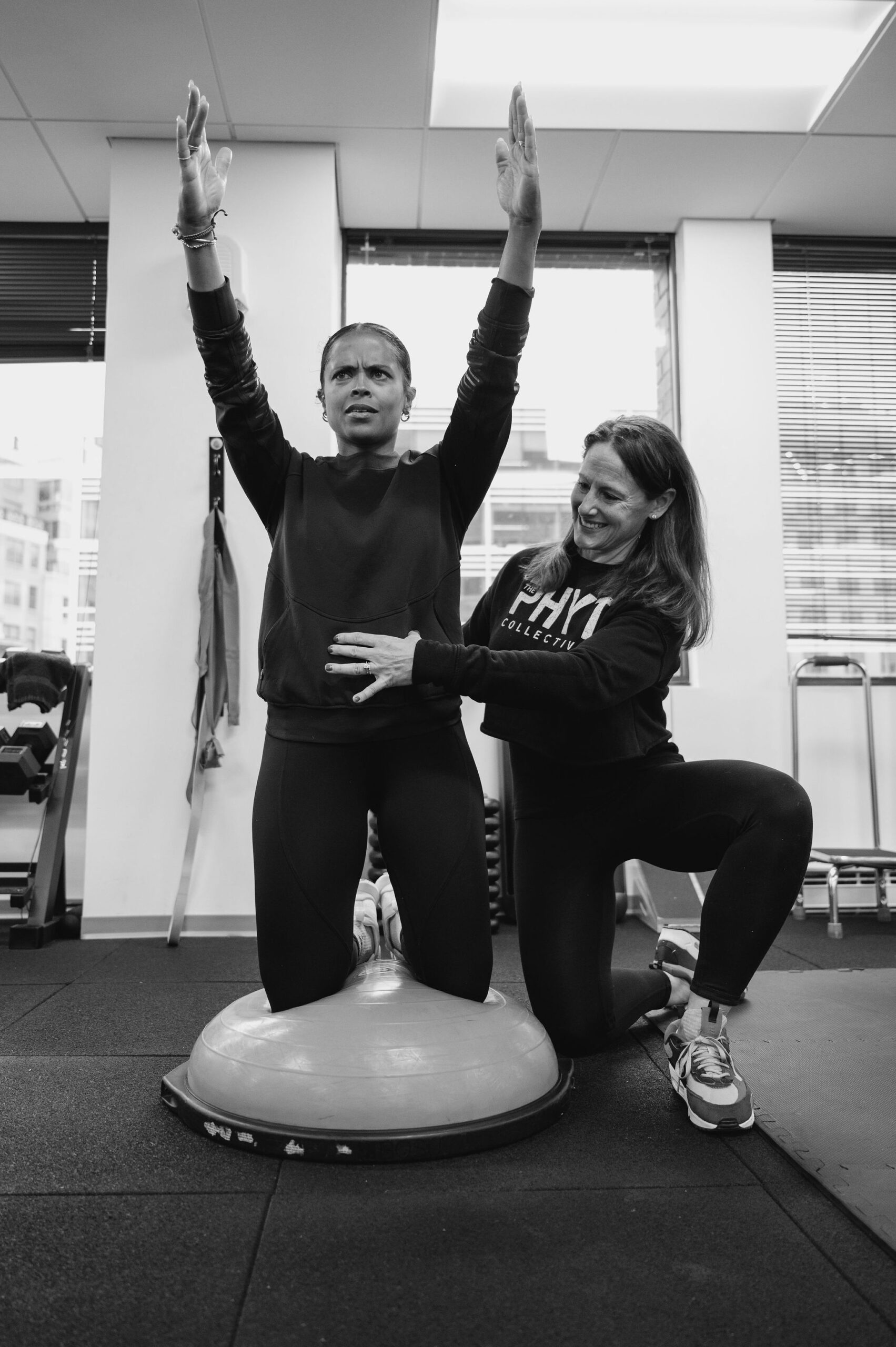Corrective Exercise & Neuromuscular Re-Education in Washington, DC
Corrective exercise and neuromuscular re-education play pivotal roles in restoring optimal movement patterns, enhancing athletic performance, and preventing injuries. At The PHYT Collective, serving clients in Washington DC / Downtown DC, we specialize in designing customized corrective exercise programs and employing neuromuscular re-education techniques to address movement dysfunctions, muscle imbalances, and postural issues.
Join us as we explore the transformative impact of corrective exercise and neuromuscular re-education on movement enhancement and injury prevention.
Corrective Exercise Programs:
1. Corrective Exercise Programs for Postural Correction:
Poor posture is a common issue stemming from prolonged sitting, improper ergonomics, and muscular imbalances. Our corrective exercise programs focus on strengthening weak muscles, stretching tight muscles, and retraining movement patterns to restore proper alignment and posture.
By targeting specific postural deviations such as forward head posture, rounded shoulders, and anterior pelvic tilt, we help clients achieve optimal alignment and reduce the risk of associated musculoskeletal pain and injuries.
2. Corrective Exercise Plans for Injury Rehabilitation:
Injuries can disrupt normal movement patterns and lead to compensatory movement strategies, further increasing the risk of re-injury. Our corrective exercise plans for injury rehabilitation aim to address underlying movement dysfunctions, strengthen weakened muscles, and improve joint stability and mobility.
Whether you’re recovering from a sprained ankle, a torn rotator cuff, or a herniated disc, our customized exercise programs facilitate safe and effective rehabilitation, helping you regain function and return to your daily activities pain-free.
3. Corrective Exercise Programs for Improving Muscle Imbalances:
Muscle imbalances occur when certain muscles are overactive and tight, while others are weak and underactive, leading to dysfunctional movement patterns and increased injury risk. Our corrective exercise programs target muscle imbalances by addressing muscular weaknesses, improving flexibility, and restoring muscular balance.
Through targeted exercises and functional movement patterns, we help rebalance the body and optimize performance in sports, work, and daily life activities.
4. Corrective Exercise Programs for Enhancing Athletic Performance:
Athletes often seek to optimize their performance and reduce the risk of injuries through specialized training programs. Our corrective exercise programs for enhancing athletic performance focus on improving biomechanics, functional movement patterns, and neuromuscular control.
By incorporating sport-specific exercises, plyometrics, and agility drills, we help athletes develop strength, power, and agility while reducing the likelihood of overuse injuries and maximizing athletic potential.
5. Corrective Exercise Programs for Knee Injury Rehabilitation:
Knee injuries, such as ACL tears, meniscus tears, and patellofemoral pain syndrome, can significantly impact mobility and function. Our corrective exercise programs for knee injury rehabilitation target muscular imbalances, joint instability, and movement dysfunctions to facilitate safe and effective recovery.
Through a combination of strengthening exercises, proprioceptive training, and biomechanical retraining, we help individuals regain strength, stability, and confidence in their knees.
Ready to take the first step towards optimizing your movement and preventing injuries?
Book your free 15-minute discovery call to learn more about how one of the professionals at The PHYT Collective can help you.Neuromuscular Re-Education Techniques:
Neuromuscular Re-Education Techniques for Movement Enhancement:
Neuromuscular re-education focuses on retraining the neuromuscular system to improve movement patterns, coordination, and control. Our techniques include proprioceptive exercises, movement retraining drills, and feedback-based interventions to enhance motor learning and movement efficiency.
By targeting specific movement impairments and neuromuscular deficits, we help clients optimize their movement quality and performance in various activities.
Neuromuscular Re-Education Exercises for Motor Control Improvement:
Motor control refers to the ability to coordinate muscles and movement patterns to perform tasks accurately and efficiently. Our neuromuscular re-education exercises aim to improve motor control by enhancing proprioception, balance, and coordination.
Through progressive exercises and functional movement patterns, we help individuals develop better body awareness, stability, and control, reducing the risk of falls and enhancing movement precision.
Neuromuscular Re-Education Techniques for Balance Improvement:
Balance is essential for maintaining stability and preventing falls, especially in older adults and individuals with neurological conditions. Our neuromuscular re-education techniques for balance improvement include vestibular rehabilitation, proprioceptive training, and dynamic balance exercises.
By challenging the sensory and motor systems, we help improve balance reactions, postural control, and overall stability, enhancing confidence and reducing the risk of falls.
Neuromuscular Re-Education Exercises for Injury Prevention:
Preventing injuries requires a proactive approach to address movement dysfunctions and neuromuscular deficits before they lead to pain or injury. Our neuromuscular re-education exercises for injury prevention focus on correcting faulty movement patterns, improving dynamic stability, and promoting optimal biomechanics.
By incorporating functional movement assessments and corrective exercises into training programs, we help individuals reduce the risk of overuse injuries, repetitive strain injuries, and traumatic injuries during physical activities.
Neuromuscular Re-Education Techniques for Stroke Recovery:
Stroke survivors often experience movement impairments, muscle weakness, and coordination deficits due to neurological damage. Our neuromuscular re-education techniques for stroke recovery aim to facilitate neural plasticity, motor learning, and functional recovery.
Through task-specific exercises, constraint-induced movement therapy, and biofeedback training, we help individuals regain motor function, independence, and quality of life following a stroke.
Corrective exercise and neuromuscular re-education are integral components of physical therapy aimed at optimizing movement patterns, enhancing performance, and preventing injuries. Whether you’re seeking postural correction, injury rehabilitation, muscle balance, or athletic enhancement, The PHYT Collective in Washington DC / Downtown DC is here to help.
Our skilled therapists specialize in designing personalized exercise programs and employing evidence-based techniques to address movement dysfunctions and promote overall well-being.
Contact us today to schedule an appointment and embark on your journey towards optimal movement and function.

